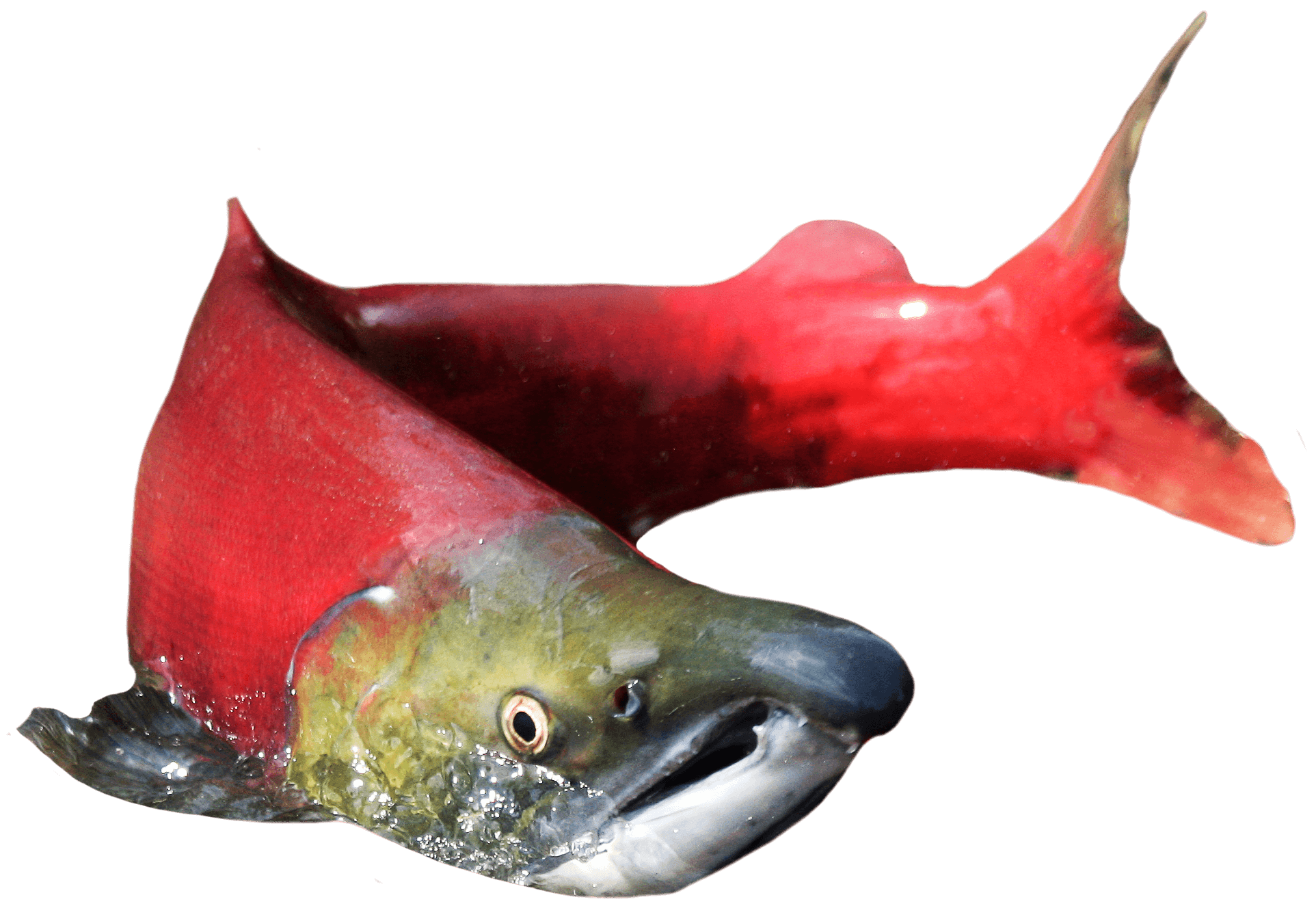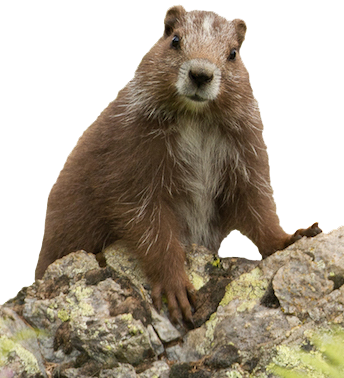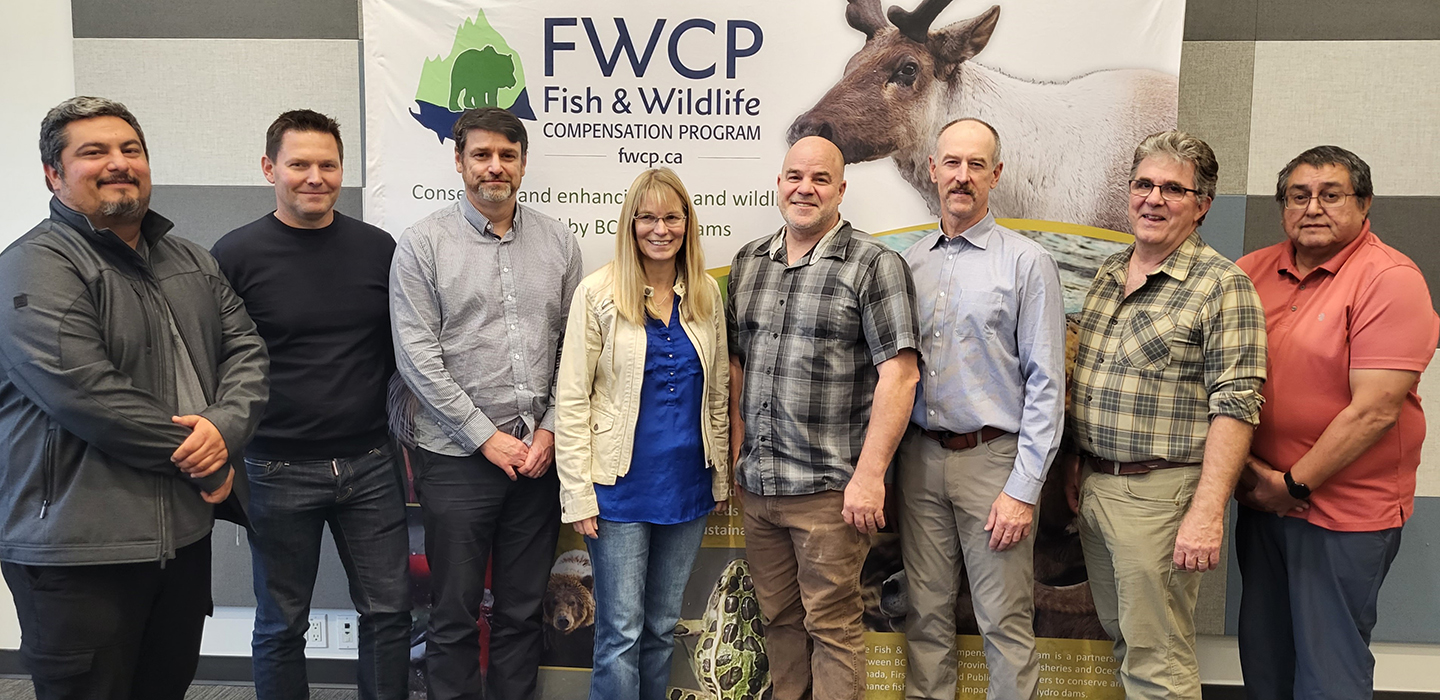Explore our Coastal Region 2025–2026 projects
Use our interactive map to find out more about the 22 projects our Coastal Region board approved for 2025-2026.
Read our project list22 Total 2025-26 Projects
15 Fish Projects 2025-26
7 Wildlife Projects 2025-26
$1.8M Total Funded 2025-26
Join our Coastal Region board
We’re looking for two fresh faces to join our Coastal Region board!
- Want to make a difference for fish and wildlife and be part of a supportive team?
- Are you looking for a paid professional development opportunity?
- Maybe you want to network, sharpen your decision-making skills, be part of a team, and
- Further your commitment to reconciliation.
If that resonates, please apply by Thursday, April 17. Learn more about how you can apply!
You’ll be joining a board that allocates close to $2 million each year to conserve and enhance fish and wildlife projects in watersheds impacted by BC Hydro dams.
We’re a supportive team that meets mostly online and sets meeting dates in advance so you can plan the rest of your life. And you’ll be making important decisions that have direct and often immediate benefits for fish and wildlife. While you’re adding to your skills and experience.
22 fish and wildlife projects approved in our Coastal Region
Our Coastal Region board approved more than $1.8 million for 22 projects for 2025-2026. The projects—15 fish and seven wildlife—will be delivered by First Nations, communities and businesses, as well as agencies, stewardship groups, and consultants.
The projects align with our priorities for riparian areas, wetlands, uplands, rivers, lakes, and reservoirs. The projects are diverse and support a wide range of fish species including sockeye, Chinook, and other salmonids, and wildlife such as purple martins, black swifts, bats, marmots, and northern spotted owl.
The 2025-2026 projects will, among other things, support Chinook and other salmonids by enhancing and improving access to spawning habitat. Work to prepare bat species for the arrival of White Nose Syndrome will continue. The board is also funding recovery of the Pacific Coast population of western painted turtles, known to inhabit only a few sites in the lower Fraser Valley.
Read our Coastal Region 2025–2026 project list, look at our project map, and scroll up to explore our interactive map.
Results? Read Our Reports
Each year, stewardship groups, First Nations, agencies and consultants receive grants from us to deliver fish and wildlife projects. These projects align with our Action Plans, and help us fulfil our mission to conserve and enhance fish and wildlife in watersheds impacted by BC Hydro dams. Read our project reports for results and outcomes.
Download Report List
Grants Available Now
In addition to our annual grant intake, we have other grants available all year, until the funding is allocated.
Community Engagement Grants of up to $1,500 can help stewardship groups and others.
Land Securement Grants help conserve critical ecosystems and habitats.
Seed Grants up to a maximum of $5,000 can help explore the feasibility of your project.
Contact a region manager to learn more.

Action Plans
We have identified conservation priorities for fish and wildlife in each of our three regions: Coastal, Columbia and Peace. These priorities and recommended actions are reflected in a series of watershed and ecosystem-based action plans that vary by region.
These plans recommend specific projects and priorities, and guide our grant decisions. In our Coastal Region, we fund projects that align with our 14 Coastal Region watershed-based action plans. Be sure to read our Overview of Coastal Region Watershed Action Plans.
Alouette River Watershed Final Action Plan
Ash River Watershed Final Action Plan
Bridge River & Seton River Watersheds Final Action Plan
Campbell River Watershed Final Action Plan
Cheakamus River Watershed Final Action Plan
Clayton Falls Watershed Final Action Plan
Clowhom River Watershed Final Action Plan
Coquitlam-Buntzen Watershed Final Action Plan
Falls River Watershed Final Action Plan
Jones Creek - Wahleach Lake Watershed Final Action Plan
Jordan River Watershed Final Action Plan
Puntledge River Watershed Final Action Plan
Shuswap River Watershed Final Action Plan
Stave River Watershed Final Action Plan
Our Coastal Region
A local Board made up of BC Hydro, the Province of B.C., Fisheries and Oceans Canada, First Nations and public stakeholders, guides the work of the FWCP and is responsible for approving all FWCP projects in the 14 watersheds that make up our Coastal Region. Map of our Coastal Region.
Most fish and wildlife projects in FWCP’s Coastal Region are funded through FWCP grants, but our Board may choose to direct projects and approve funding to address regional priorities. Read our annual report.
In our Coastal Region, FWCP is a voluntary initiative funded by BC Hydro.
Stay up to date with the latest news from our Coastal Region with our regional e-letter.
View FWCP Organization Chart
Our Coastal Region Board
Coastal Region Board Members (October 2023) are responsible for guiding the FWCP’s work. Their work is supported by fish and wildlife technical committees.
Board members pictured, left to right: Mark Peters, Ryan Stewart, Scott Barrett, Laurie Kremsater, Glen Cartwright, Scott Northrup, Ian Routley, and Larry Casper. Missing: Brian Assu

Our Coastal Region Manager
Mark comes to the FWCP from a 10-year tenure managing fish and wildlife projects implemented under BC Hydro’s water use plans, particularly in the Bridge-Seton Watershed.
A professional biologist with the B.C. College of Applied Biology, Mark started his career as a vegetation ecologist, working mostly in the Alberta boreal forest and Interior B.C. He moved to an oil and gas company where he helped to restore stream crossings and conserve habitat for species at risk, including caribou, ferruginous hawk, and sharp-tailed grouse.
Mark developed a love for the natural world as a young boy, growing up in a family of naturalists. This early connection has shaped his career. He enjoys outdoor activities, most often hiking on forest trails with his wife, Diane, and Abe, their dog. Mark has a grown son, Shimon, who lives in Toronto.
If you have any questions about the FWCP’s work in the Coastal Region, please contact Mark.
Contact
